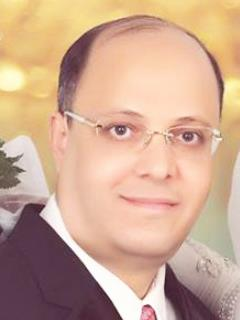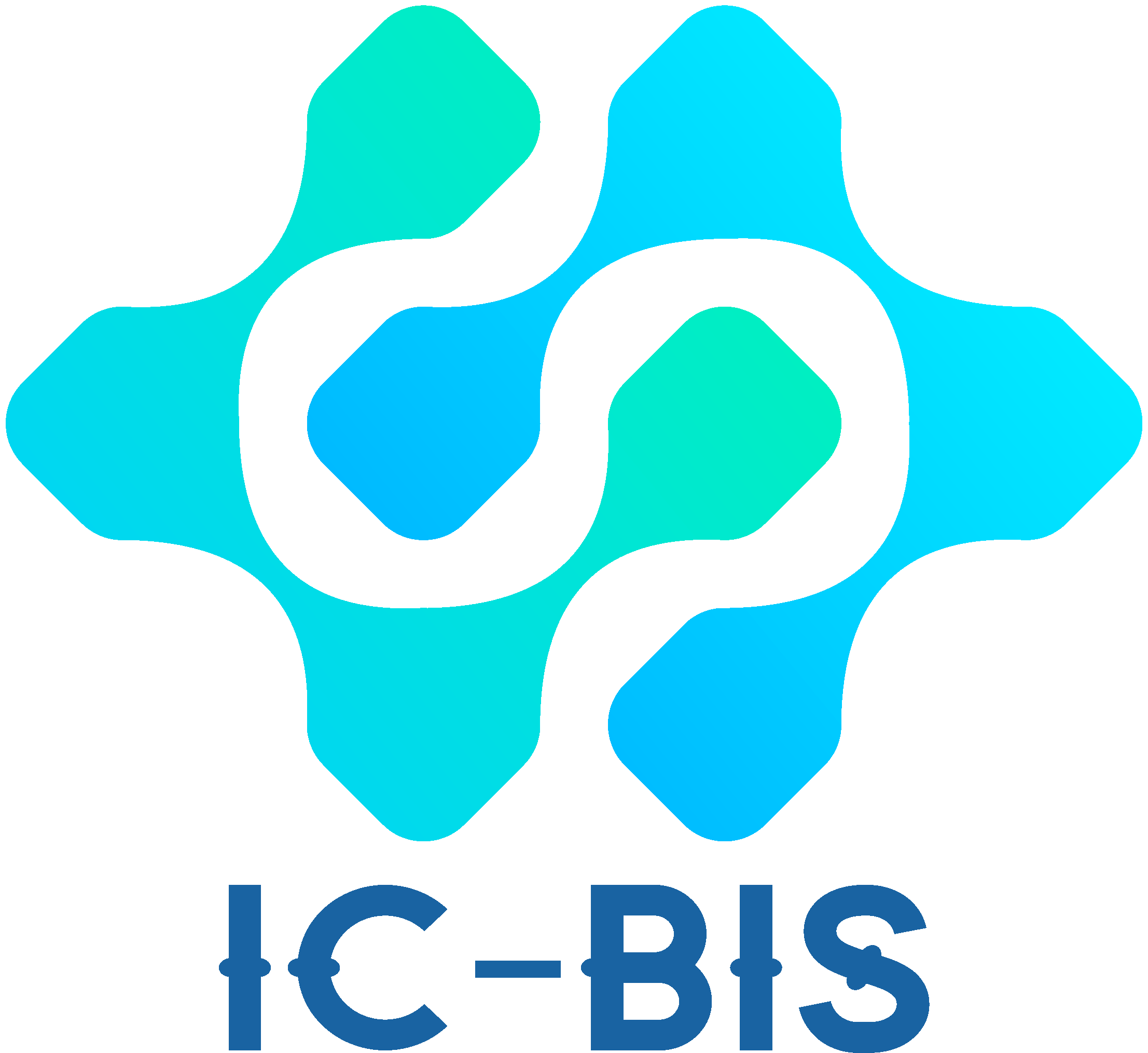
Keynote Speakers
Prof. Qingle Zeng
Chengdu University of Technology, China
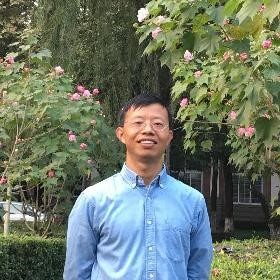
Title: Bioactivities of Organosulfur Compounds and Their Synthetic Methods
Experience:
Qingle Zeng, professor, excellent expert with outstanding contribution to Sichuan Province, was born in 1970 in Pinghe County, Fujian Province, China. He received his B.Sc. degree in 1994 from Fujian Normal University and M.Sc. degree in 1997 from Lanzhou Institute of Chemical Physics, Chinese Academy of Sciences. In 2002, he received his Ph.D. from Chengdu Institute of Organic Chemistry, Chinese Academy of Sciences under the supervision of Professor Yaozhong Jiang. He was a postdoctoral fellow in pharmaceutical sciences at Chengdu Diao Pharmaceutical Group and Sichuan University (2002–2004) and in chemistry at Xiamen University (2004–2006). In 2006, he joined the faculty of Chengdu University of Technology as an associate professor (2006–2007) and then as a full professor (2008-). During 2008 to 2009, he worked as a visiting scientist in Stephen L. Buchwald Research Group at Massachusetts Institute of Technology (MIT). His research interests are focused on organosulfur chemistry, chiral synthesis, synthetic methodology and synthesis of drugs and intermediates.
A. Prof. Pavel Loskot
Department International Campus, Zhejiang University, China
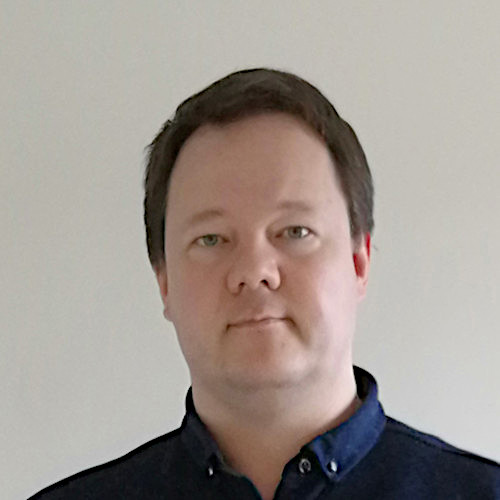
Title: TBD
Experience:
25+ years of experience in design, analysis, implementation and deployment of telecommunication systems through numerous academic and industrial collaborative projects and consultancy contracts. Expert level knowledge of digital and statistical signal processing algorithms and methods. Solid background in applied probability and statistics. Avid Linux programmer and user since 1996. In the past 8 years, involved in cross-disciplinary and inter-disciplinary projects in rural Internet, computational molecular biology, renewable energy and air transport management. In 2014/2015, as a Visiting Researcher at CSRC of the Chinese Academy of Engineering Physics received training in computational molecular biology. In 1999-2001, Research Scientist and Project Manager at CWC, Oulu, Finland. Fellow of the Higher Education Academy of the UK, and Recognised Research Supervisor of the UK Council for Graduate Education. Senior Member of the IEEE. As a Senior Lecturer at Swansea University in the UK, supervised 9 PhD students as the main supervisor; these students then obtained positions at the British Telecom Research Labs UK, Intel Germany, Intel USA, NIH USA, DoD KSA, and academic positions in the UK, Jordan, and Iraq.(More click: person.zju.edu.cn/en/ploskot)
Research objectives
adopt methods from telecommunication engineering and computer science
improve information efficiency of system modeling and analysis
target problems resistant to algorithmic/mechanistic methods
demonstrate the value of mathematics in solving engineering challenges
bring automation to scientific methods
understand the limist of current scientific methods
A. Prof. Oleksiy Penkov
Department International Campus, Zhejiang University, China
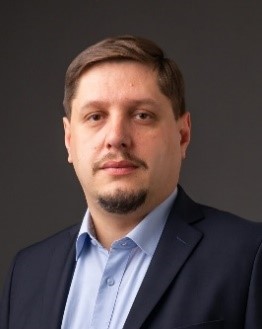
Title: Development of ultra-durable carbon-based biomaterials
Experience:
Dr. Oleksiy Penkov is currently an associate professor at the Zhejiang University - University of Illinois at Urbana-Champaign Institute (ZJU-UIUC Institute), an adjunct associate professor at the University of Illinois at Urbana-Champaign, and the head of Cross-Scale Materials Innovation Center. In 2007, he received his doctorate in physics and mathematics, with a specialty in solid-state physics from the National Technical University “KhPI” (Ukraine). During 2011–2019, he was a research professor at the Center for Nano-Wear at Yonsei University (Korea).
He has been working in the field of nanomaterials and coatings since 2000 and has more than 20 years of experience in developing periodic nanolayer structures for various applications, including durable biomaterials. In the past 10 years, he has published more than 50 papers, including papers in high-impact journals such as Science Advances, Nano Letters, Biomaterials, etc., and registered 6 international patents.
Research objectives
Functional nano-materials for mechanical and biomedical applications
Advanced surface engineering
Ultra-durable nano-coatings
|
| A. Prof. AHMED EL-HASHASH, Zhejiang University, China |
Professor Ahmed Hashash has completed his PhD from Manchester University, UK. He is a fellow of the California Institute of Regenerative Medicine (CIRM) and New York University Medical School (MSSM), USA. Prof. Ahmed Hashash worked as a senior biomedical research scientist at Mount Sinai School of Medicine of New York University and Children’s Hospital Los Angeles. He was Assistant Professor and Principal Investigator of Stem Cell & Regenerative Medicine at Keck School of Medicine and Ostrow School of Dentistry of The University of Southern California, USA. In 2016, Prof. Hashash has joined The University of Edinburgh, Edinburgh Medical School-Zhejiang International Campus, (ZJU) as Tenure-Track Associate Professor and Senior Principal Investigator of Biomedicine, Stem Cell & Regenerative Medicine. He is also adjunct Professor at the School of Basic Medical Science and School of Medicine, Zhejiang University. Prof. Hashash has several breakthrough discoveries in genes/enzymes that control stem cell behavior and regenerative medicine. He has published more than 25 papers in reputed international journals and serving as an editorial board member of repute. Prof. El-Hashash acts as a discussion leader at the prestigious Gordon Research Seminar/Conference in USA, and a Peer Reviewer/ International Extramural Review for The Medical Research Council (MRC) grant applications, London, UK. He is invited to speak at several international conferences in USA, Spain, Greece, Egypt and China. He is the editor or author of several books on stem cell and regenerative medicine. |
